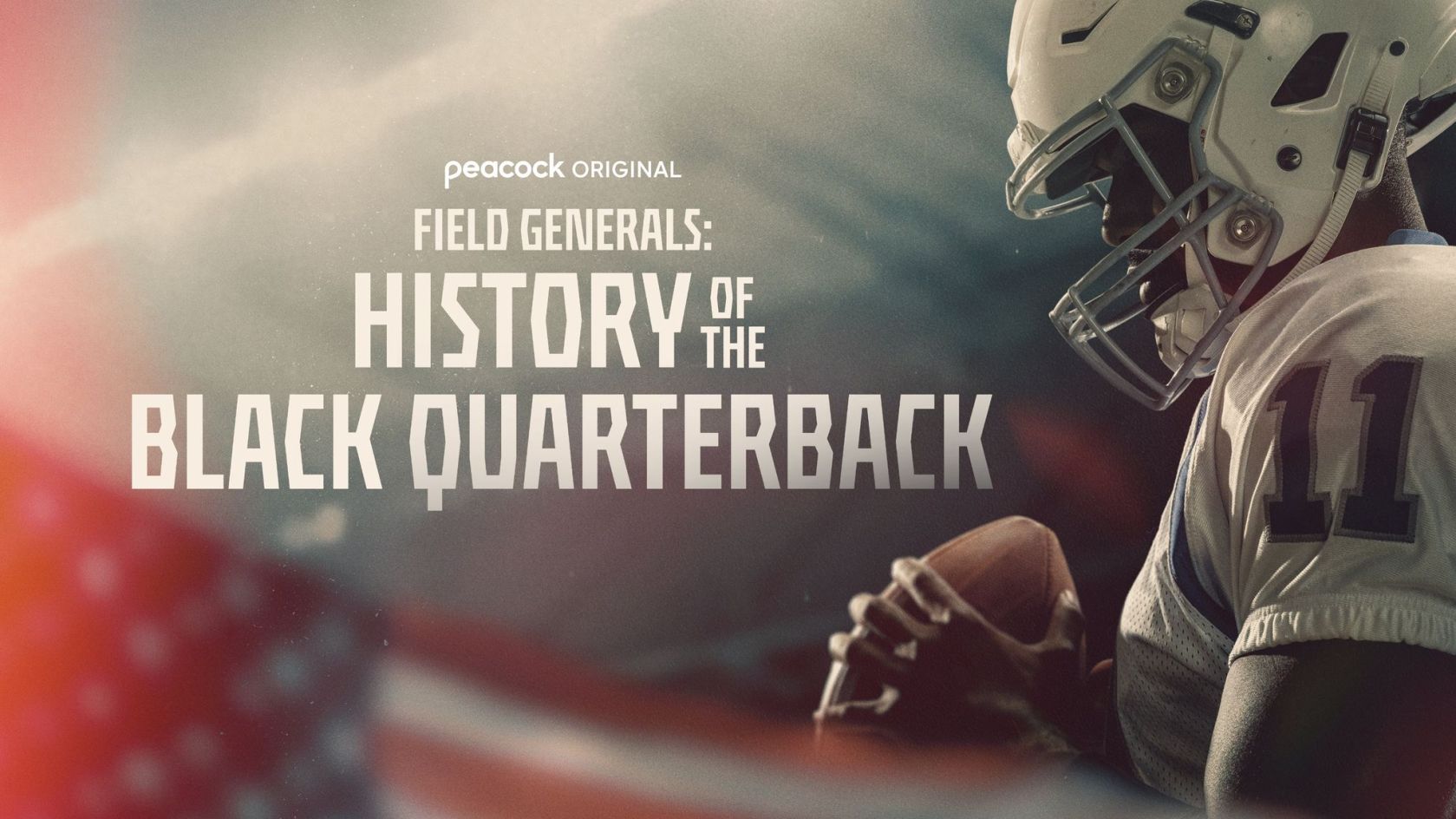Blockchain technology has become a major force in the digital world, significantly influencing various sectors, including digital gaming and online transactions. By providing decentralized solutions, blockchain enhances security, transparency, and user control, making it an ideal fit for the gaming industry and therefore in Uk online casinos. This guide delves into how blockchain is shaping the future of digital gaming and online transactions, focusing on the benefits it brings and its impact on online games.
The Role of Blockchain in Digital Gaming
Enhanced Security and Transparency
One of the primary advantages of blockchain in digital gaming is its ability to secure transactions and ensure transparency. Here’s how it benefits the gaming world:
Secure Transactions: Blockchain uses cryptographic methods to secure transactions, making it nearly impossible for hackers to alter data, which helps protect player funds and in-game assets. Transparency in Game Mechanics: Blockchain can verify game outcomes and item drops, ensuring fair play. This level of transparency builds trust between players and developers, as users can independently verify game mechanics.
True Ownership of Digital Assets
In traditional games, players purchase in-game items that are stored on centralized servers, meaning they don’t truly own these assets. Blockchain changes this by:
Tokenizing In-Game Assets: Blockchain enables the creation of unique digital assets as tokens, giving players true ownership of their items. This allows players to trade, sell, or even transfer their assets to other games or platforms. Interoperability Between Games: Blockchain-based assets can be used across different games or platforms, allowing players to carry their items from one game to another. This opens up new possibilities for cross-game economies and collaborations.
Play-to-Earn Models and Economic Opportunities
Blockchain has enabled new business models like play-to-earn, where players can earn cryptocurrency or other valuable assets by participating in games. This model is reshaping the gaming industry by:
Rewarding Players for Their Time: Players can earn rewards by completing tasks or winning battles, which can then be sold or traded for real-world value. Creating Player-Driven Economies: Blockchain games often feature decentralized marketplaces where players can buy and sell items, creating an economy driven by supply and demand.
How Blockchain is Transforming Online Transactions
Secure and Fast Payments
Blockchain provides a secure and efficient method for online transactions, making it an ideal fit for digital payments in gaming and other online services. Key benefits include:
Lower Transaction Fees: Blockchain transactions typically have lower fees compared to traditional banking methods, especially for international transactions. Faster Settlements: Transactions on the blockchain are processed almost instantly, reducing waiting times and enhancing user experience, which is particularly important for in-game purchases and microtransactions.
Decentralized Finance (DeFi) in Gaming
Decentralized finance, or DeFi, is an extension of blockchain technology that offers financial services without intermediaries. In the context of gaming, DeFi can:
Provide Secure Lending and Borrowing Options: Players can lend or borrow in-game assets or cryptocurrency through smart contracts, earning interest or gaining access to additional funds for gameplay. Facilitate Staking and Yield Farming: Players can stake their gaming tokens or assets to earn rewards over time, creating passive income streams that enhance the overall gaming experience.
Increased Privacy and Anonymity
Blockchain offers a high level of privacy, allowing users to make transactions without revealing personal information. This is particularly appealing for players who value anonymity in their gaming and online activities. Features include:
Anonymous Transactions: Blockchain transactions can be conducted without linking them to personal details, offering players more privacy than traditional payment methods. Reduced Risk of Data Breaches: Since personal information is not required, there’s less risk of data breaches, which protects users from potential identity theft.
The Impact of Blockchain on Online Games
Creating Provably Fair Gaming
Blockchain technology can verify the fairness of game outcomes, reducing the possibility of fraud or tampering. This is especially valuable for online casinos and games that rely on random outcomes, as blockchain enables:
Verifiable Randomness: Players can verify that game results are genuinely random and not manipulated by the operator. Trustworthy Gaming Environments: By ensuring fairness, blockchain can make online games more appealing to players who value transparency and honesty.
Facilitating Game Development and Collaboration
Blockchain enables developers to create decentralized games where players have a say in game development and governance. Through the use of tokens, players can:
Vote on Game Updates: Players can hold tokens that allow them to vote on game updates, new features, or changes, leading to a more community-driven development process. Foster Collaborative Game Worlds: Blockchain allows different developers to collaborate and create interconnected gaming experiences, enhancing the player journey across multiple games.
Unlocking New Revenue Streams for Players and Developers
Blockchain games enable players and developers to explore new ways to monetize gameplay and digital assets, creating a more dynamic economy. These revenue streams include:
NFT Marketplaces: Players can create, buy, and sell non-fungible tokens (NFTs) representing in-game items, characters, or achievements, often for profit. Secondary Market Sales: Blockchain supports peer-to-peer transactions, enabling players to earn from selling items they no longer need or trading rare collectibles.
Conclusion
Blockchain technology is shaping the future of digital gaming and online transactions by offering enhanced security, true asset ownership, and new economic opportunities. From enabling play-to-earn models to ensuring the fairness of game outcomes in betting and casino sites for example, blockchain provides a fairer and more transparent experience for both players and developers. As blockchain continues to evolve, it is poised to revolutionize the gaming industry, making online games more engaging, profitable, and player-centric than ever before. Whether you’re a gamer or a developer, the integration of blockchain into digital gaming presents exciting new possibilities for the future.







